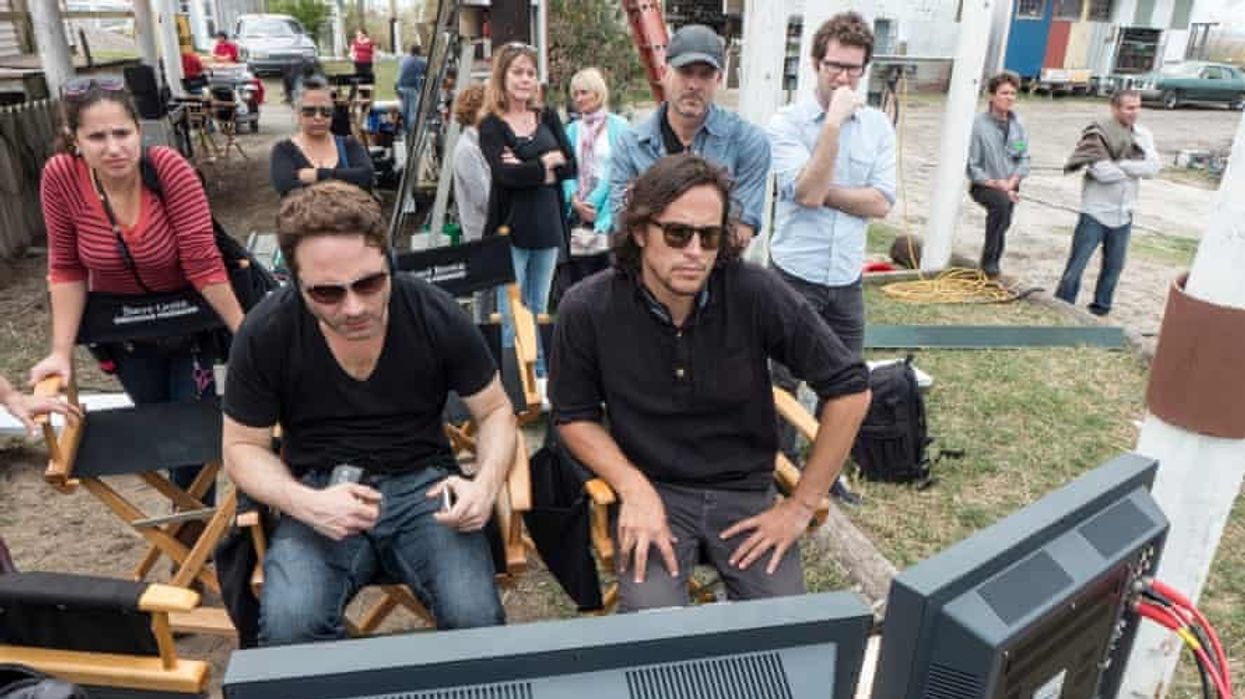What Was It Like for Cary Fukunaga to Work with Nic Pizzolatto on 'True Detective'?
What was the environment like on True Detective, season one?

The first season of True Detective was like lightning in a bottle. We had two huge movie stars doing television. There was a visionary director and a firebrand writer. Together, they created one of the best seasons of television ever. But what was it really like behind the scenes?
In a new interview with the Hollywood Reporter, Cary Fukunaga describes the "disheartening" work on the first season.
“The show was presented to me in the way we pitched it around town—as an independent film made into television. The writer and director are a team. Over the course of the project, Nic kept positioning himself as if he was my boss and I was like, ‘But you’re not my boss. We’re partners. We collaborate.’ By the time they got to postproduction, people like [former HBO programming president] Michael Lombardo were giving Nic more power. It was disheartening because it didn’t feel like the partnership was fair.”
Sometimes these power struggles happen, but they can be frustrating.
Fukunaga continued, “As for their creative differences, Nic is a really good writer, but I do think he needs to be edited down. It becomes too much about the writing and not enough about the momentum of the story. My struggle with him was to take some of these long dialogue scenes and put some air into them. We differed on tone and taste.”
This is an interesting story and point of view. Obviously, you need to work collaboratively with whomever you can—that's truly so important to create a long-lasting career. But this also speaks to the changes happening within TV and film.
Traditionally, in TV, the creator/showrunner is the boss, and directors have to abide by their wishes since they are the bosses. But the crossover between more feature directors means they also have to get used to who is the boss on these things. This speaks to a larger issue of who has the reins of a project and for what medium. In film, directors have always had the final say.
Since both of these creators have worked in both areas, this seems like two people jockeying for position and control. This could have easily been solved with a conversation or just the willingness to listen to notes.
But I think it also shows how much film and TV are changing—there's so much crossover now, and so many limited series that are treated like movies, that no one is sure who is in charge. People are trying to learn who the boss is at every level. It's important to establish who has the final say on things.
But equally important is not being a dick and listening to people. It sounds like while we got a great season of TV, this partnership wasn't destined to last very long.
You can catch Fukunaga's No Time to Die in American theaters on Oct. 8, 2021.
Let us know your thoughts in the comments.











